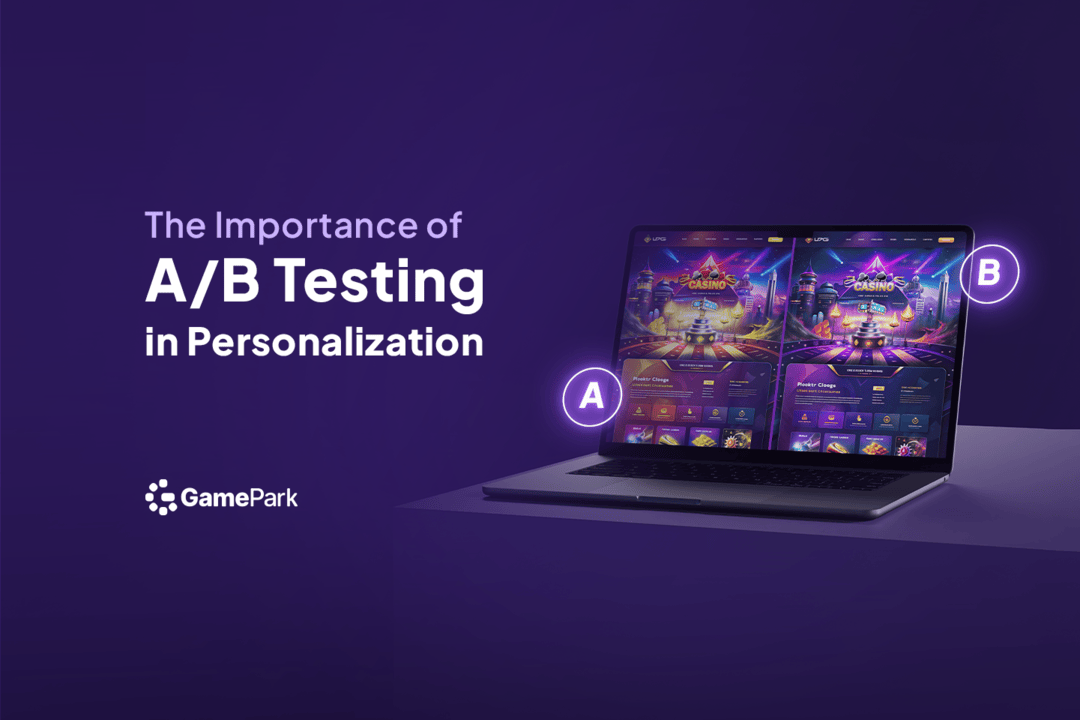
Personalization drives loyalty in a number of ways but it is a multi-faceted concept. With the iGaming industry as competitive as ever, this is what you need to consider.
Provide Tailored Experiences
If you spend any time on social media, or even combing through your inbox, you will see that companies have become much smarter with targeted advertising. Being able to tailor an offering to each individual customer makes both loyalty and conversion more likely.
In the iGaming industry, this means hyper-personalization. Content needs to be tailored to the specific preferences and habits of each customer, with recommendations provided based on this data.
This can take place throughout the customer journey – from when they sign up at an operator to the time they log off. By analyzing player behavior and preferences over time, and comparing this to historical data, offers and content feeds can be curated in real-time.
AI and Predictive Analytics
The rise of data-driven machine learning now makes it possible to predict player behavior, rather than just make decisions based on past activity. This means operators can be proactive in what they offer and when they offer it. As this is tailored to each individual customer, this increases engagement and reduces churn.
Another huge advantage is it is easier to identify players who are at risk of problem gambling and intervene quickly, before the issue escalates. This reduces the rate of gambling-related disorder by providing support to those who need it more efficiently.
Security and Compliance
The predictive power of AI can also be used to detect suspicious betting patterns and prevent a range of illicit activities including identity theft and money laundering. Data security can also be enhanced.
The online onboarding process can be streamlined too, particularly when it comes to KYC and AML requirements. Compliance is very important in the iGaming industry, not just legally but also because it’s a mark of trust. Gaining customer trust early means a greater likelihood of retaining their loyalty.
Considering the first deposit is the most important, making it easier for customers to register and place their first bet could significantly boost profits too.
The Mechanics of Hyper-Personalization
In such a crowded industry, providing a tailored experience for each customer significantly boosts your competitor advantage. By providing a seamless, engaging and unique offering, you will not only attract customers, but you will retain them too.
The days of generic one-size-fits-all content are over. Today, players are time-poor and are looking for quick engagement. This can be done through tailored game recommendations, offers, and odds.
The ability of machine learning to analyze data including gameplay patterns, historical interactions and key demographic information means operators can develop unique offerings for each player.
Furthermore, this can change over time as more data is added to the algorithm. This means content can shift dynamically, reacting to player preferences in real-time. When combined with things like push notifications, you can ensure highly relevant experiences at all times. As all of this is automated through AI, there are no additional manual costs too.
Striking the Right Balance
It is important to note that while AI can automate the process, human oversight is essential.
Furthermore, players also like some element of autonomy, so it’s important not to rely entirely on hyper-personalization. Indeed, variety in itself can be a key differentiator, with players wanting to feel empowered to make their own choices. They certainly don’t want a machine to choose everything for them. It is therefore important to create the right mix of personalized and non-personalized content.
Personalization has become a key recent trend and, combined with AI, you can expect some exciting developments in this field. Provided you take a balanced approach, implementing technological solutions to help drive personalized experiences could be the key plank in boosting engagement with your customers.


